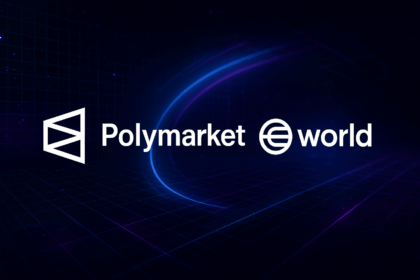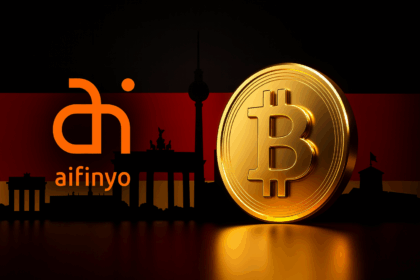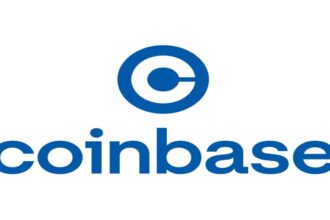PetroChina, one of China’s largest energy companies, announced during its half-year earnings conference that it will study the use of stablecoins for cross-border settlement and payments.
As per a local report, the company’s CFO, Wang Hua, said PetroChina is closely watching Hong Kong’s new rules for stablecoin licenses and preparing for potential adoption.
If it succeeds, stablecoins would facilitate faster, cheaper, and more transparent cross-border transactions, particularly in the energy market, where huge sums of money cross borders.
Hong Kong recently introduced a new Stablecoin Framework, which took effect on August 1, 2025. Under this law, any company issuing or promoting stablecoins must apply for a license. Applicants need to be registered in Hong Kong and hold at least HK$25 million in capital. The Hong Kong Monetary Authority (HKMA) said no licenses have been issued yet and emphasized that the review process will be cautious and strict.
Benefits of Stablecoins
Stablecoins are digital tokens tied to real-world currencies such as the Hong Kong dollar, US dollar, or Chinese yuan. Its worth remains consistent in relation to other actual cryptocurrencies like Bitcoin or Ethereum. For PetroChina, which handles huge cross-border energy trade annually, stablecoins could make payments faster, cheaper, and more efficient.
Pilot projects in Hong Kong have already shown that stablecoin systems can process payments much faster than traditional networks like SWIFT. In some cases, they can cut transaction time to under 5 seconds.
Hong Kong Banks Build Ecosystem
PetroChina’s updates come amid Hong Kong’s banks moving quickly to build the foundation for a stablecoin ecosystem. Recently, Standard Chartered Bank (Hong Kong) and telecom company HKT launched a new venture, Anchorpoint Financial Limited. Further, HSBC is testing tokenized deposits for businesses, and ZhongAn Bank is also providing custody for stablecoin reserves.
Experts believe banks are acting early in such fields as reserve custody, licensed issuance, and cross-border payment solutions. This early effort is seen as creating a full-service system, covering everything from technology to compliance. Companies with real needs, such as PetroChina, will be able to use this system.
Also Read: Ex-China’s Bank Chief Warns Against Stablecoin Risks











